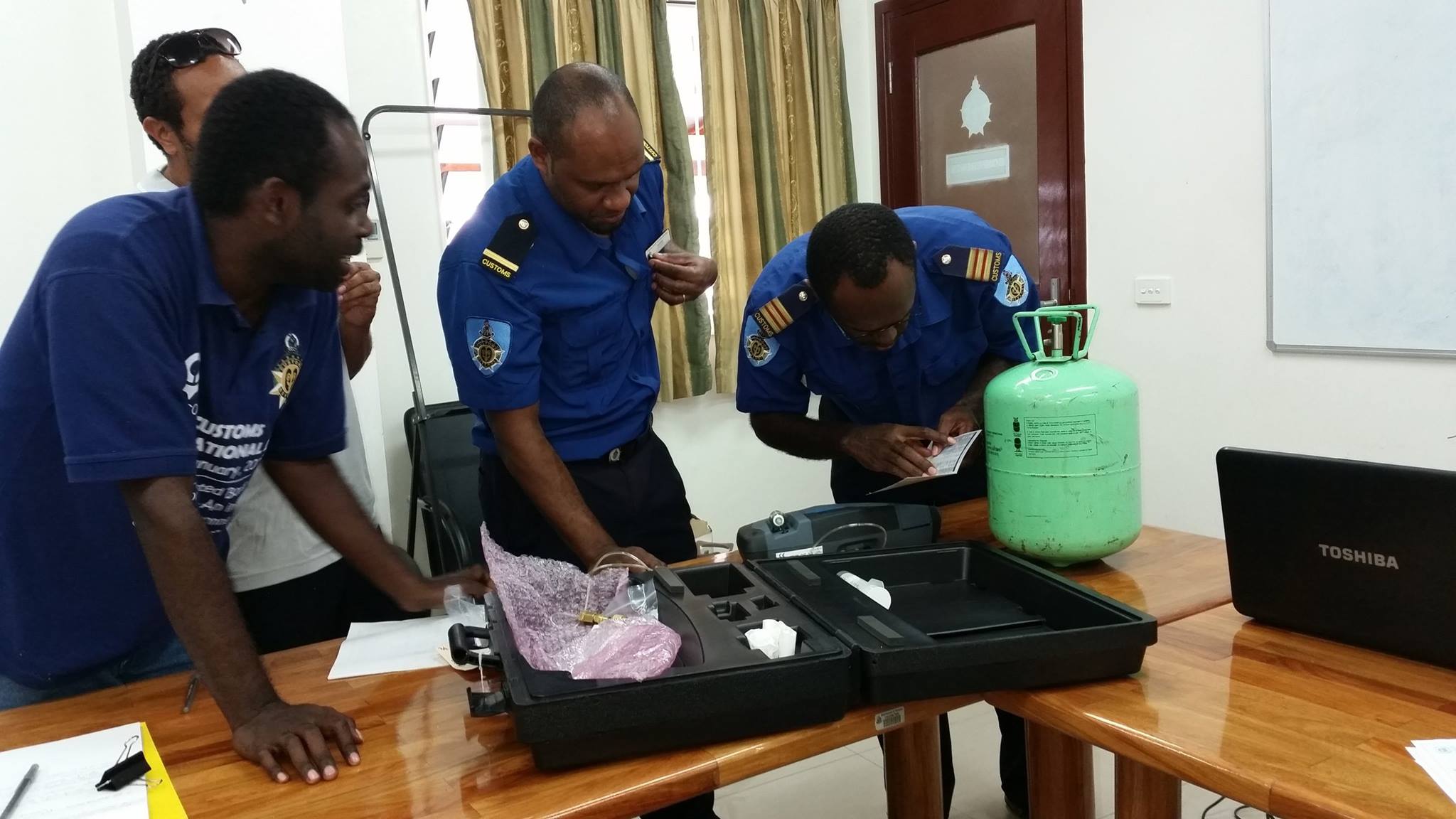The Montreal Protocol is an international treaty that is successfully protecting the Earth's stratospheric ozone layer by phasing out the production and consumption of ozone depleting chemicals, including CFCs, HCFCs, halons and methyl bromide. The Protocol has prevented adverse impacts of increased harmful UV radiation reaching the earth’s surface including damages to human health, ecosystems – both terrestrial and aquatic, biogeochemical cycles, air quality and materials. It can be estimated that millions of cases of fatal skin cancer and tens of millions of cases of non-fatal skin cancer and cataracts have been avoided due to the Montreal Protocol. According to some estimates, up to 2 million cases of skin cancer will be prevented each year by 2030, thanks to the successful implementation of the Montreal Protocol and its amendments

The Montreal Protocol has also delivered substantial climate benefits. Because most ozone depleting chemicals are also greenhouse gases, the Protocol has already averted greenhouse gas emissions equivalent to more than 135 billion tonnes of carbon dioxide. These significant reductions make the Montreal Protocol one of the prime contributors to the fight against climate change ( www.ozone.unep.org)
One of the obligations that Vanuatu must fulfill under the Protocol is the training for Customs Officers on methods to control and monitor Ozone Depleting Substances (ODS) at our borders. The Department of Environmental Protection and Conservation (DEPC) is the implementing agency for the Montreal Protocol in Vanuatu and it works in close collaboration with the Customs Department to achieve this objective.
The annual Customs training on the Montreal Protocol was held on June 25 2015 at the Customs Wharf office in Port Vila. During the training, Officers were apprised of common smuggling techniques, identification methods, safety measures and the updated tariff codes allocated for ozone depleting substances (as of January 1st 2015, Vanuatu has started using the HS 2012). A milestone was reached during the training which saw a Customs Officer assisting the National Ozone Unit (NOU) of the DEPC to conduct this training. This Officer has attended a train –the-trainer workshop on ODS. Usually such trainings are conducted by NOU only; this is therefore an indicator of the capacity level in Customs in terms of the control of ozone depleting substances into Vanuatu.
The training was attended by eleven Customs Officers from the Port Vila Wharf and Airport. One of the exercises Border Control Officers carried out during the training is the testing of refrigerants inside refrigerant cylinders using an electronic refrigerant identifier. The refrigerant identifier was provided by the United Nations Environment Programme (UNEP), under the HCFC Phase out Management Plan for Vanuatu. Plans are in place to conduct similar training for Santo Customs.
As a result of joint efforts of Environment and Customs Officials around the Globe, the abundance of ODSs in the atmosphere is now declining and the ozone layer is expected to recover around the middle of this century. The Vienna Convention on Protection of the Ozone Layer and its Montreal Protocol achieved universal ratification in 2009 and they are the first and only treaties to realize that aspiration.





